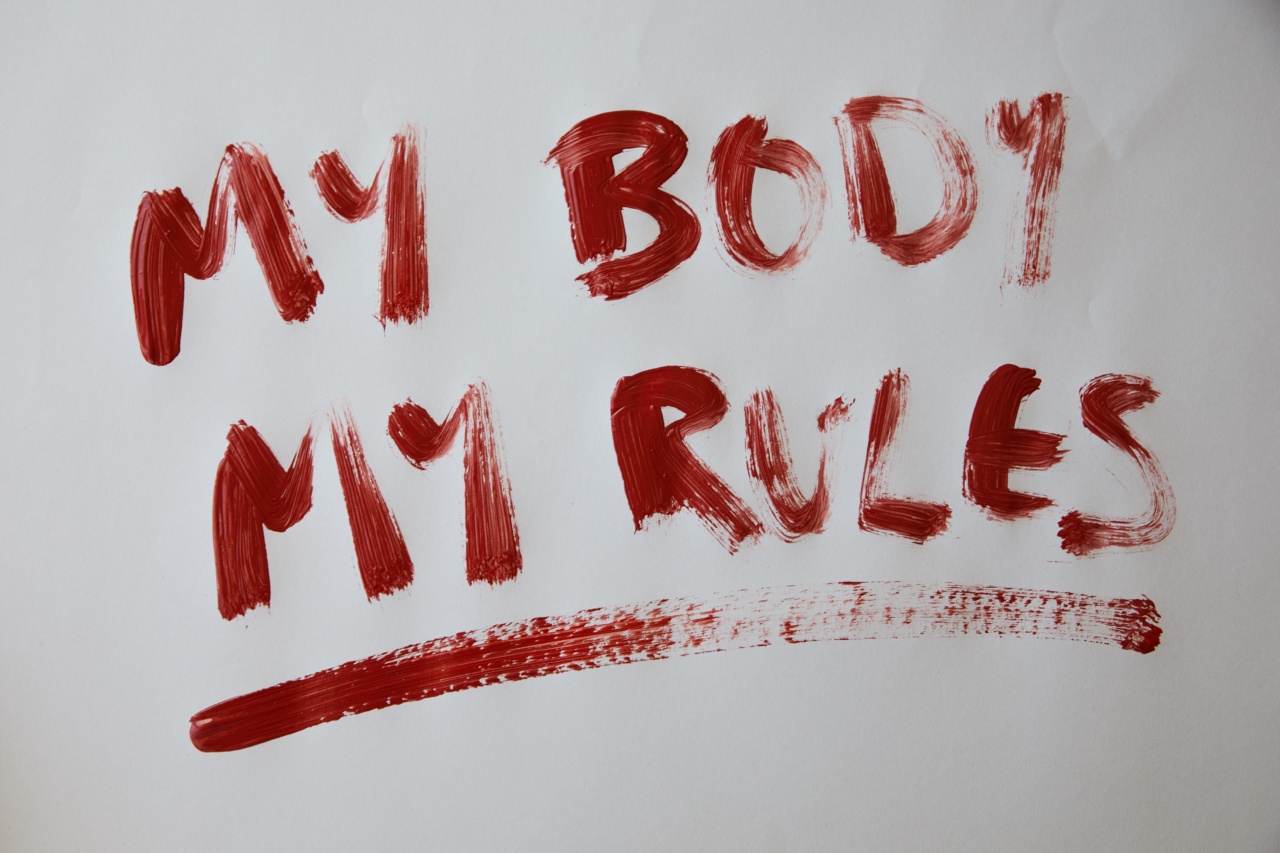Selfies have become an integral part of our digital culture, with millions of people around the world taking and sharing self-portraits every day.
While selfies may seem like innocent fun or a way to express oneself, they can have a significant impact on our self-perception. In this article, we will explore the positive and negative effects of selfies on self-perception and delve into the psychological reasons behind their influence.
The Rise of Selfies
In recent years, the popularity of selfies has skyrocketed. With the advent of smartphones equipped with front-facing cameras and the rise of social media platforms like Instagram and Snapchat, taking and sharing selfies has become easier than ever.
People of all ages and backgrounds now engage in this trend, whether it’s a casual self-portrait or a carefully curated image.
Positive Effects of Selfies on Self-Perception
Contrary to popular belief, selfies can have positive effects on self-perception. For many people, taking selfies allows them to showcase their self-expression, confidence, and individuality.
By capturing moments and sharing them with others, individuals may gain a sense of validation and connectedness. Selfies can also serve as a documentation of personal growth and achievements over time, reminding individuals of their progress and providing a boost to their self-esteem.
Furthermore, some studies suggest that taking and posting selfies can promote body positivity.
Through the process of taking selfies, individuals become more aware of their physical appearance and may develop a more accepting and positive attitude towards their bodies. This has been particularly impactful for marginalized communities that have historically been underrepresented in media and advertising.
Negative Effects of Selfies on Self-Perception
While there are positive aspects to selfies, they can also have detrimental effects on self-perception. One of the most significant concerns is the potential for comparison and self-objectification.
With the prevalence of highly edited and filtered selfies on social media, individuals may feel pressured to meet unrealistic beauty standards. This can lead to feelings of inadequacy, low self-esteem, and body dissatisfaction.
Moreover, excessive selfie-taking and sharing can contribute to the development or exacerbation of body dysmorphic disorder (BDD). BDD is a psychological condition characterized by obsessive preoccupation with perceived flaws in one’s appearance.
Constantly seeking validation through selfies and fixating on perceived imperfections can fuel this disorder and further distort one’s self-perception.
Psychological Factors at Play
Several psychological factors contribute to the impact of selfies on self-perception. One such factor is the social comparison theory.
This theory posits that individuals have a natural tendency to compare themselves to others in order to evaluate their own abilities and traits. In the context of selfies, this comparison often leads to feelings of inferiority and a distorted perception of oneself.
Add to that the phenomenon of the “looking-glass self,” which suggests that we derive our self-concept based on how we believe others perceive us.
When individuals share selfies on social media, they receive feedback in the form of likes, comments, and shares. This feedback, whether positive or negative, shapes their self-perception and reinforces certain aspects of their identity. The more positive the response, the more individuals may feel validated and confident in their self-image.
Conclusion
Selfies have undoubtedly made a significant impact on self-perception. While they can have positive effects, such as promoting confidence and self-expression, the negative consequences, such as comparison and self-objectification, cannot be ignored.
It is essential to recognize the psychological factors at play and find a balance between self-acceptance and the influence of external validation. Ultimately, individuals should approach selfies with mindfulness and self-compassion, using them as a tool for self-expression rather than a measure of self-worth.





























